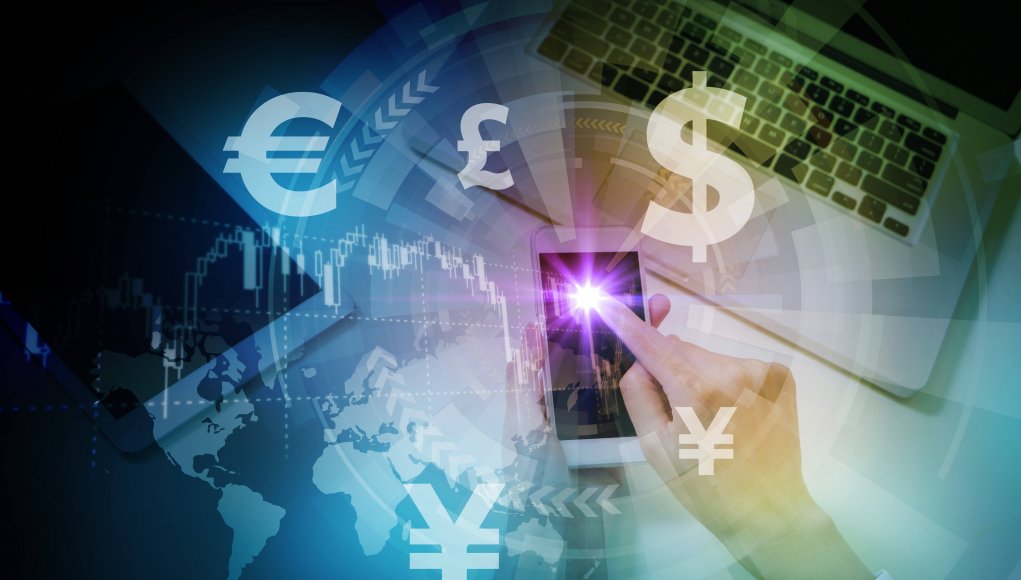EXECUTIVE SUMMARY:
Nearly 80% of U.S. adults rely on mobile payment apps to transfer financial resources.
Venmo, Cash App and other mobile payment platforms make it easy to reimburse family and friends for sports game tickets, or weekend brunches. Apple Pay, Google Pay, PayPal and Samsung Pay enable users to seamlessly transfer money to retailers, in addition to personal contacts.
In recent months, downloads of popular mobile payment apps have skyrocketed. Prior to the coronavirus pandemic, downloads averaged 14 million per month. By May and June of this year, the average number of downloads per month hit 20 million.
Many users mistakenly believe that these apps offer reverse payment options and fraud protections that are similar to those of regular credit cards. Expert Kathy Stokes, director of fraud prevention programs for AARP, states that this is simply not the case. “If you use (a peer-to-peer app) to buy those great-priced tickets off of Craigslist, and you never get those tickets, you’re out of the money.” Buyer beware.
Prior to installing a payment app, review the app’s security, fraud and privacy policies. You’ll also want to ensure that your phone’s “find my device” feature is enabled, as you’ll then be able to erase data from a remote location in the event that your phone gets lost or is stolen.
An advantage of using mobile payment apps is that the transactions themselves are typically considered more secure than traditional payment methods, as your bank’s name and banking details are not exposed. Contactless payment itself is also hugely advantageous in the age of the coronavirus.
For more information on mobile payment apps, visit the Associated Press.




